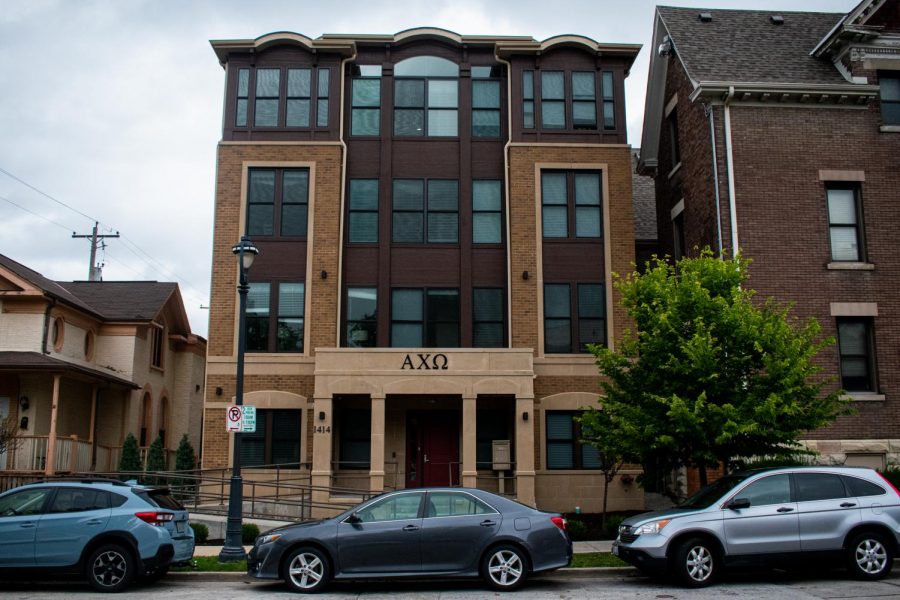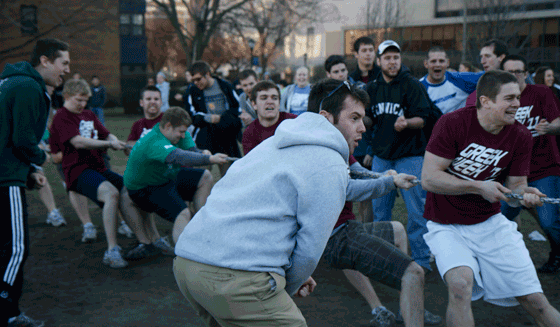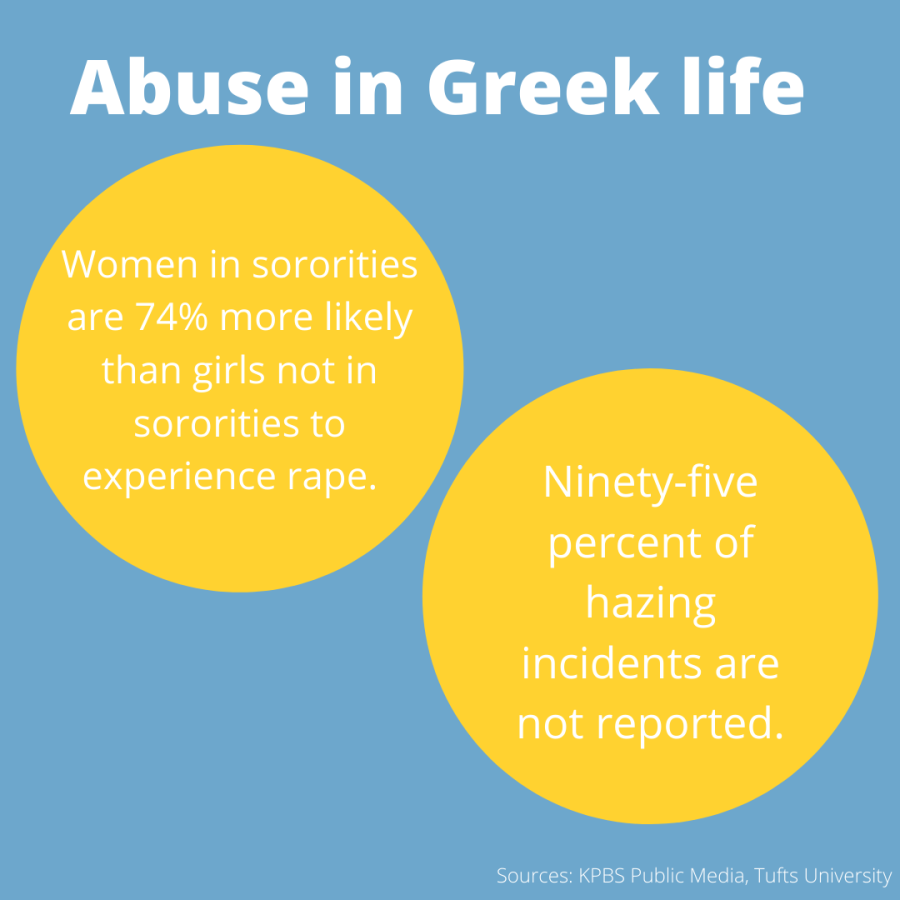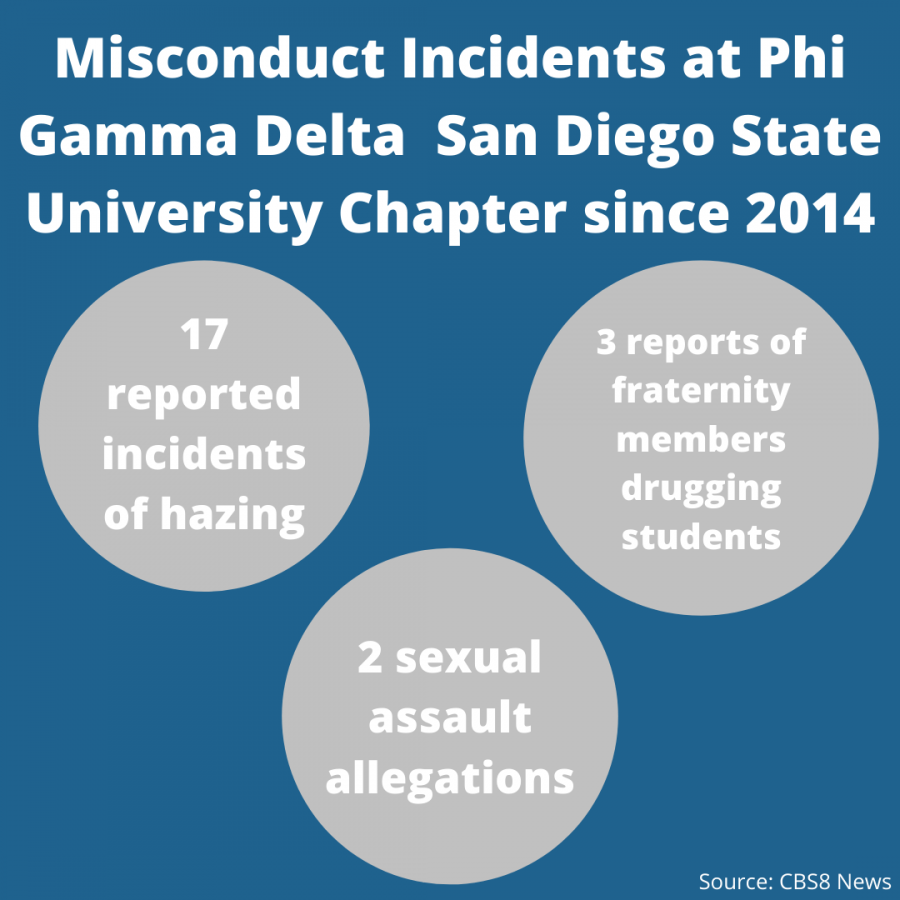Marquette has been home to Greek life organizations more than 100 years, and for more than eight percent of the 2013 student population is a member of a sorority or fraternity. With Rush, the Greek life recruiting process, ending this week, many students are excited about what a new fraternity or sorority will bring.
Sarah Burke, a sophomore in the College of Education, recently joined the Pi Beta Phi chapter at Marquette.
“Rush week was very busy and nerve-racking at first, because we didn’t know what to expect,” she said. “Now I am happy I got accepted and am ready to start getting to know the other members.”
The Office of Student Development at Marquette offers a semi-annual Greek Report, which provides statistics about each chapter and Greek life as a whole.
In 2010, 741 of Marquette’s full-time undergraduates – about nine percent of the student body – were members of social Greek organizations, which totals about nine percent of the student body.
“There are a lot of new girls in Pi Beta Phi this semester,” Burke said. “It makes me feel a little more comfortable knowing that I am not the only one.”
Burke, who is from Massachusetts, said Greek life is an exciting way to have a home away from home.
“I have been missing my family and already feel close to my fellow members,” she said.
There are 23 fraternities and sororities on Marquette’s campus, including specific chapters that highlight majors, professions and multiculturalism. The all-Greek GPA (3.07) is higher than the all-university average (2.91).
Bianca Baltazar, a freshman in the College of Communication who is not a member of a Greek organization, said she was hesitant about joining.
“I do not want to conform to fit a group’s standards,” she said. “That is not what I want, nor a person I strive to be.”
Baltazar said one negative effect she has seen from Greek life is from the recruiting events held every semester.
“There were many girls I knew who were trying to change to fit an ideal,” she said. “Some girls would go without eating to be skinny, while others would wear clothes that were uncomfortable or did not fit them properly.”
Terry Watkins, a freshman in the College of Communication, said he could see the positive and negative sides to Greek life.
“My mother and father were both involved in a sorority and fraternity,” he said. “I have come from a long line of family members who have placed Greek life as an important priority.”
Watkins did not participate in Rush this semester, however.
“I think Greek life is all about networking,” he said “I am already a very outgoing person who is involved on campus and goes to a great school, so I personally do not see any point for me to join.”
—
Editor’s Note: This article is based on 2010 from the Marquette Office of Student Development’s semiannual Greek Report. The Tribune has since learned that more recent data, showing an increase in the number of students in fraternities and sororities, is also available. Had the Tribune known of the more recent data, the article would have been updated accordingly.












